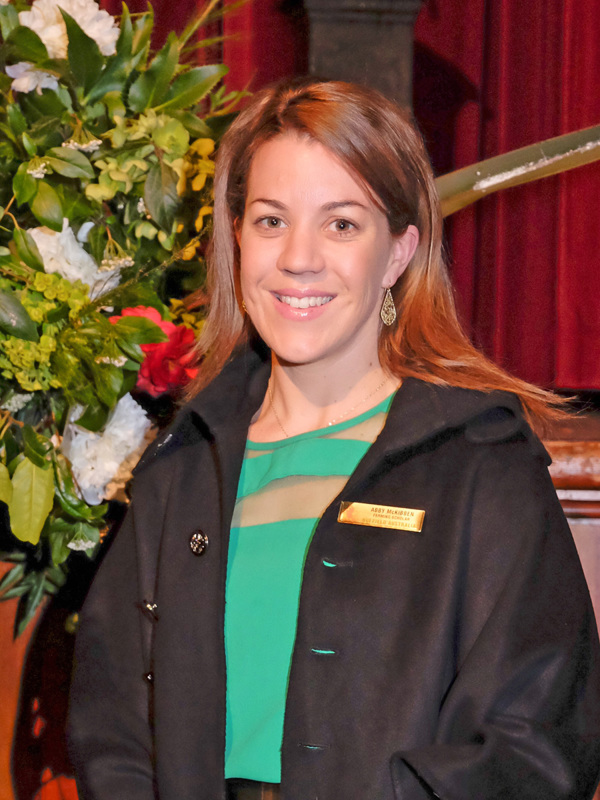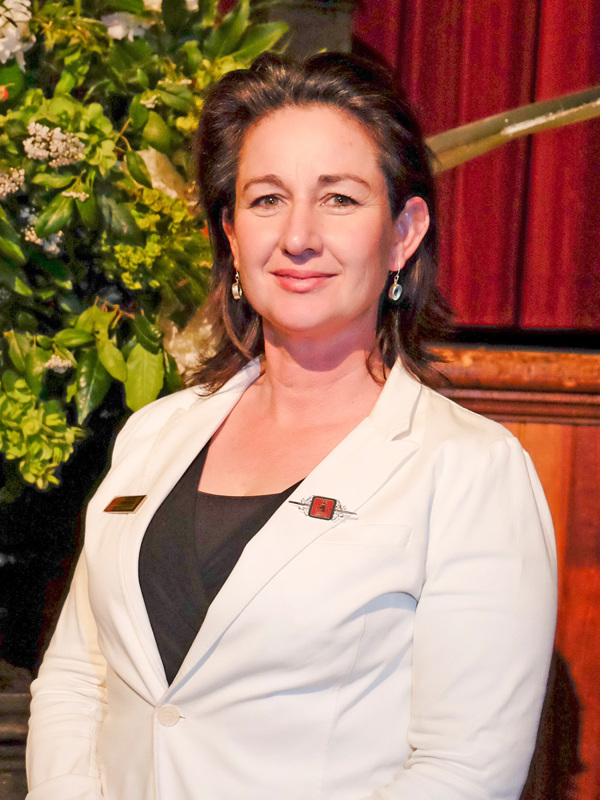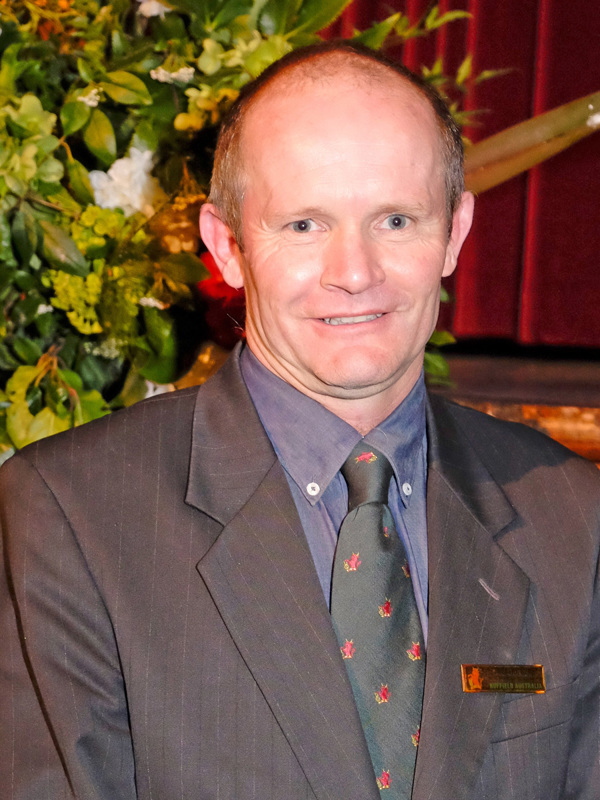
Bernadette Mortensen

Nuffield Australia 2015 Scholar
Managing agricultural development in a changing landscape
New research aimed at boosting industry and community understanding of the challenges posed to agribusiness developments by an expanding urban fringe and changing rural demographic has been released by 2015 Scholar and NSW primary producer, Bernadette Mortensen. The report investigates the viability of agribusinesses in a changing landscape, and the effect of urban sprawl on existing land uses, as well as the role of policy and legislation in shaping the next wave of agribusiness growth.
With support from Woolworths, Mrs Mortensen was motivated to undertake her Nuffield Scholarship after experiencing first-hand the challenges that land use and planning processes can pose to agribusiness development.
“My research investigated rural expansion and diversification and the motivations behind objecting to or approving developments, and looked at solutions to build better engagement between farmers, communities and governments to prioritise the importance of food production and meet community expectations. It found that a renewed approach to communication, flexibility and understanding in planning and farm diversification was needed, in order for farmers to remain financially viable and to feed a growing global population,” she said.
Mrs Mortensen’s research confirmed that many other agricultural countries face similar challenges when the viability of farming is impacted by segments of the community that have limited understanding of the resources needed to produce food, and an assumption that scale and intensification automatically leads to poorer environmental, community and animal welfare outcomes. The report recommends that government and agribusiness improve cooperation, and focus on improving mapping and data collation around existing land use, developments and approved technologies. This information could then be used as a reference for planners and regulators when assessing development applications and proposals.
“An improvement in education and awareness of approved farming methods and technologies would empower planners to approve farming activities in a more efficient and cohesive way, which would reduce uncertainty, lead to clearer planning decisions and ultimately benefit all stakeholders. Travelling extensively throughout the Middle East, United Kingdom, United States, Scandinavia and other parts of Europe, and Asia during her Nuffield scholarship, Mrs Mortensen also explored the role that land use policy and legislation can play in improving the viability of agribusinesses.
“In Ireland, the use of Land Mobility Schemes designed to facilitate joint leasing of agricultural land and associated tax-free thresholds on rental income has improved the viability of agricultural operations by allowing land to be kept in production, even when family succession is not an option. Coupling supportive designated agricultural land areas with taxation incentives and ownership structures like this would reduce reliance on development applications by managing changes to the rural demographic and promoting agricultural land preservation. More needs to be done to retain the productivity of agricultural land as cities get larger. Government and industry need to work together to incentivise land use, enabling farm land to be kept as farm land and facilitating better understanding between rural and urban communities,” she said.
Beyond land use policy and planning process changes, the importance of communication and deeper awareness on all sides of the debate was made clear to Mrs Mortensen when she spoke with the CEO for the Centre for Food Integrity in Missouri, USA who told her that it is “impossible to make a fact-based argument around a values-based issue, because you are not speaking the same language.”
“My travels showed me that in some aspects, we have a public relations problem. Much of the dialogue around farming focuses on negatives and hardships, rather than the real and impressive achievements and successes that many in our industry have achieved through hard work, innovation and education. Opportunity abounds for Australian food producers, but the onus is absolutely on producers, regulators and industry alike to better communicate what we do well, and make it known that agricultural development and intensification does not automatically equate to poorer environmental, health, lifestyle and animal welfare outcomes. It’s something we must continue to focus if we’re going to have a viable, sustainable industry for generations to come,” she said.






















